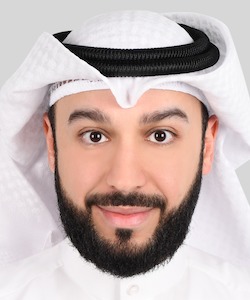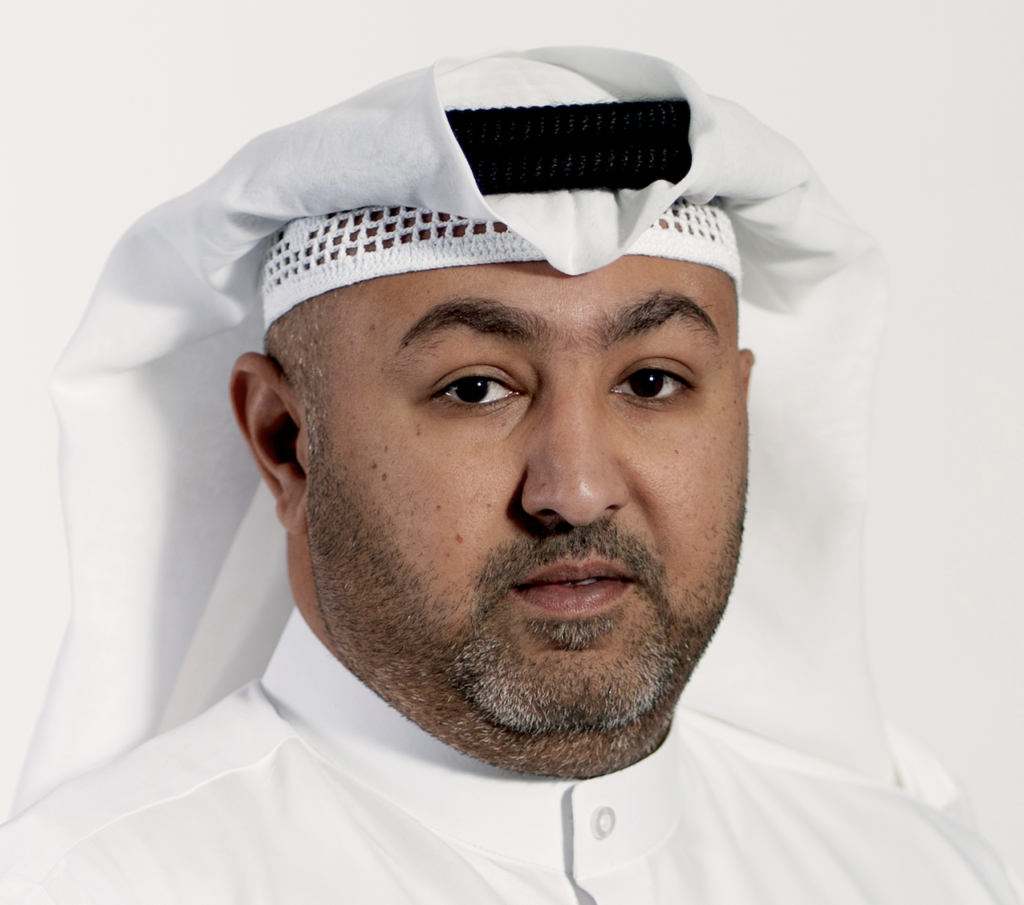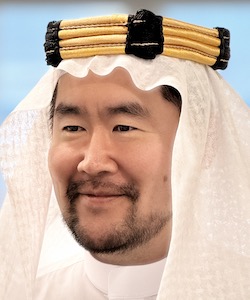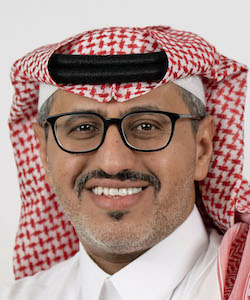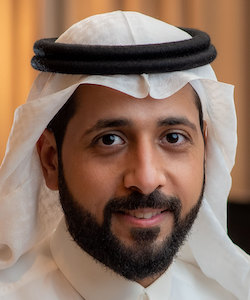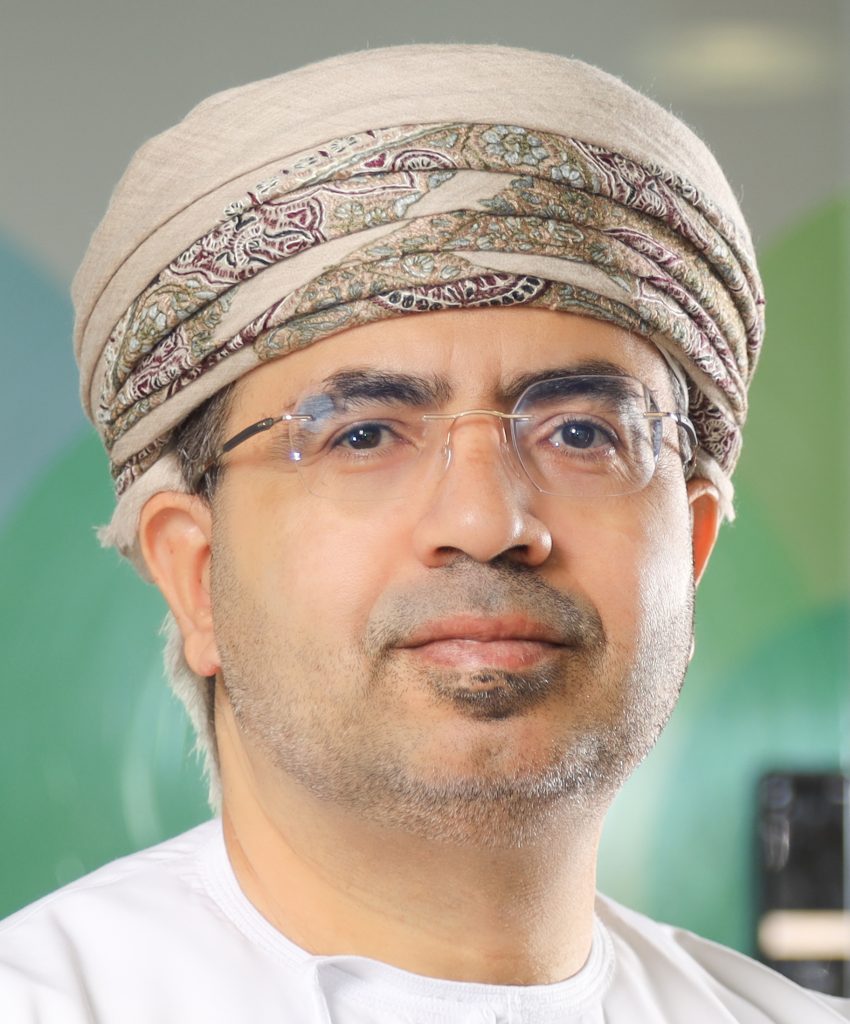Khalil Al-Americani, a seasoned telecoms executive with over 20 years of experience, has served as CEO of Vodacom in the Democratic Republic of Congo since August 2021. Khalil, a French civil engineer of Jordanian Lebanese descent, has spent 35 years in Africa, building a distinguished career with major telecom giants such as Vodafone, Zain, and Celtel. With expertise in telecoms and business transformation, Khalil has worked for 17 years in Africa and 6 years in the Middle East. He holds advanced executive qualifications from London Business School’s Advanced Management Program (2009) and Wits Business School. His extensive experience includes leading multi-billion-dollar enterprises through launches, restructuring, and rapid growth in emerging markets. An authentic, innovative, and proactive leader, Khalil is known for his strong ethical values and ability to thrive in complex environments. His collaborative approach and creative problem-solving make him a highly effective executive, particularly in Africa’s high-potential market. Khalil is adept at optimizing costs without sacrificing strategic goals and is deeply committed to the growth and success of his teams.
"Vodacom DRC, as a corporate citizen company has proudly served the Democratic Republic of Congo since 2002, making us the longest-standing telecom operator in the country."
What is Vodacom’s level of coverage in the country?
As a corporate citizen company, Vodacom DRC has proudly served the Democratic Republic of Congo since 2002, making us the longest-standing telecom operator in the country. Today, we connect over 21.5 million customers, with more than 10 million Congolese utilizing our data services. In terms of market penetration, around 60% of the population has access to SIM cards, while 40% of our GSM users own smartphones. Internet penetration sits at a little over 30%, and mobile money services, though still growing, are used by more or less 25% of the population, with about 12 million active users within a 90-day window. Meanwhile, our 4G coverage is still expanding, with current penetration under 35%.
What have been your efforts to digitize the country?
Since 2013, we have launched nearly 1,000 rural coverage sites to support the digitization of rural areas. By the end of 2023, around 900 of these sites were operational, providing 2G access to remote populations. Over time, we added another 100 sites equipped with both 2G and 3G. As population growth continues, we’ve been upgrading these sites into macro sites offering 2G, 3G, and 4G services. Our strategy has focused on covering Kinshasa, Katanga, and other major cities first, before expanding into rural areas to provide essential GSM services. Additionally, we were the first to introduce both 3G and 4G in these regions.
How is Vodacom addressing the infrastructure challenges?
We are collaborating with all willing and capable partners to advocate for infrastructure development. This involves two key areas: basic infrastructure, such as road access, and telecom infrastructure. Our primary focus in telecom is establishing fiber connectivity across regions. Additionally, we are working with both local and international partners to expand intra-country fiber networks, ensuring seamless regional connections.
How does Vodacom assess the DRC’s potential to become a regional telecoms hub?
Vodafone is part of the 2Africa and WACS consortiums. Countries like Kenya, Tanzania, Mozambique, and South Africa already serve as continental hubs for us, ensuring strong international connectivity. Our focus now is on connecting the DRC to this network. We have a landing station in Muanda and are collaborating with operators like Liquid and BCS to establish east-to-west connectivity across Congo. Additionally, we hold an Indefeasible right of use (IRU) from SNEL, the National Power Company, allowing us to extend fiber from Kinshasa to Inga. Together with Facebook and Airtel, we’ve built fiber from Inga to Muanda. Given the scale and distances involved, we are also working with other operators to share, swap, and co-develop infrastructure, tackling these challenges collaboratively.
How has Vodacom’s digital solution, M-Pesa transformed payments in DRC?
M-Pesa is a powerful brand with a strong presence across Africa. By 2021, it had over 50 million active users across the continent. Its ecosystem is incredibly diverse, ranging from simple money transfers on a basic phone accessible from as low as $10 to more advanced products like wealth management. In the DRC, M-Pesa offers loans, savings, Forex, Peer to Peer transfers, cash withdrawals, and a merchant ecosystem that includes nearly 35,000 businesses. This marks a significant cultural shift in an economy traditionally dominated by cash and low banking penetration. Our goal is to provide accessible financial services to all segments of the population—from the poorest rural communities to large companies—empowering business owners in their daily transactions and curbing carbon emissions to some extent. Instead of driving to deliver cash in person, funds can be sent instantly across the country. While this may seem basic today, it is transformative and revolutionary for those in remote villages or refugees in camps.
Are fintech regulations providing for a more efficient ecosystem?
There are several positive developments and some areas are still in progress. We remain optimistic about the governments and regulatory bodies’ growing recognition of the crucial role financial services play in the country’s growth. Additionally, efforts to bring parts of the gray economy into the digital sphere are encouraging. A stronger digital economy will bolster the banking system by increasing liquidity. I am confident in the current trajectory. Furthermore, the Central Bank and various government ministers are actively advocating for the digitalization of payments, which will address many of the challenges we currently face.
What would you say to an international investor who is looking into investing in the DRC?
The DRC is a country brimming with opportunities, both in terms of its vast mineral wealth and its human potential. We have young people completing MBAs online under challenging conditions and thriving. The talent here is immense. Additionally, the DRC holds 10% of the world’s hydroelectric potential, positioning the country to power much of Africa. My message to investors is clear: the opportunities are significant, but so are the challenges. You need to take a leap of faith and remain optimistic. Our optimism has certainly paid off.


